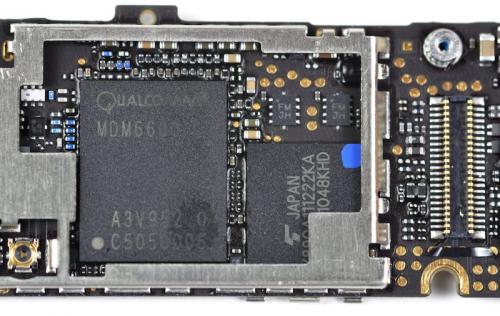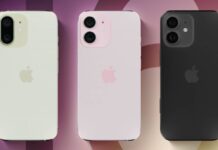After the release of the iPhone 4 CDMA terminal, iFixit of course opened the device to see what Apple hid under the beautiful glass structure. To everyone's surprise, Apple chose to implement a CDMA version of the iPhone 4, a new baseband chip produced by Quallcom under the name Gobi. What is special about this baseband chip? Nothing more than the fact that it allows users to use an iPhone terminal on both CDMA and GSM networks by simply changing the terminal card.
Verizon CFO Fran Shammo, asked about the sluggishness of the company's ARPU growth in Q1, when the iPhone was introduced — growth was just 2.2%, compared to 2.5% in Q4, remarked:
The fluctuation, I believe, will come when a new device from Apple is launched, whenever that may be, and that we will be, on the first time, on equal footing with our competitors on a new phone hitting the market, which will also be a global device.
Then it was speculated that the iPhone 5 will be a world phone, that is, a terminal capable of working on any network in the world, but only last night these rumors took shape. Verizon's CFO a declared I note that the future terminal produced by Apple will be a world phone, so it will be able to be used in any network in this world, regardless of whether it is a CDMA or GSM network. For Apple, this versatility would mean attracting an impressive number of new customers because it would allow the company to conclude new contracts with CDMA operators who until now only dreamed of having the iPhone on offer.
For us, it matters less if no new operator will be launched to support the CDMA standard.
















